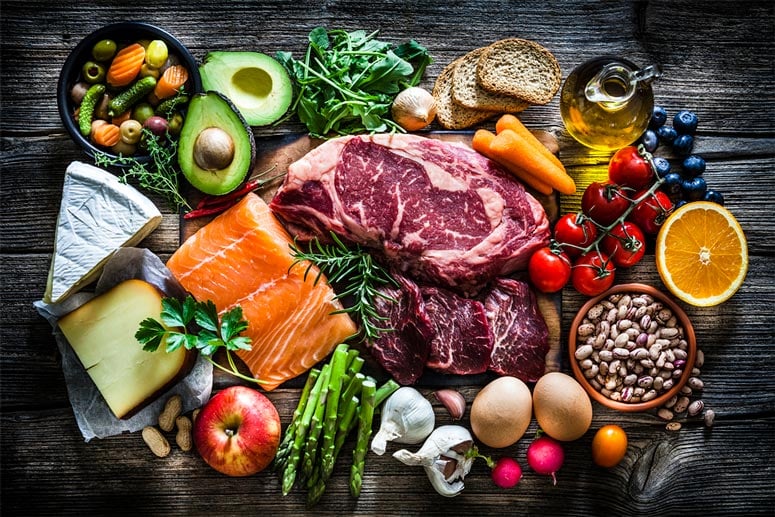 For almost two years now, the coronavirus pandemic has affected many aspects of daily life. Social events have been postponed, activities have decreased, and people have adapted to a new “normal.” Although it has acted as an interruption to many, it has also provided the chance to step back and take a closer look at society. The Norwegian Directorate of Health did exactly that with the Norwegian diet in 2020.
For almost two years now, the coronavirus pandemic has affected many aspects of daily life. Social events have been postponed, activities have decreased, and people have adapted to a new “normal.” Although it has acted as an interruption to many, it has also provided the chance to step back and take a closer look at society. The Norwegian Directorate of Health did exactly that with the Norwegian diet in 2020.
For the first time ever, The Norwegian Directorate of Health was able to see the total consumption in Norway without travel abroad or cross-border trade. Additionally, most of the meals prepared were “consumed within the four walls of our homes,” as stated by division director Linda Granlund. This data was compiled into a report and helped show authorities how 2020 differed from previous years.
The findings from the report indicated that the average Norwegian ate 2.7 kilos more cheese in 2020 than the year prior. In addition to cheese, more flour and grain were consumed. Authorities are pleased about the increased wholegrain consumption as it helps reduce cardiovascular disease and diabetes. On the other hand, authorities are not so happy with the high meat consumption in 2020. Their goal is to increase the amount of fish consumed per inhabitant.
As it relates to sugar intake, 2020 was relatively stable from 2019 to 2020. However, a trend has emerged in the last decade showing that the intake of saturated fats is higher. In another study conducted, it was found that Norwegians with increased COVID-19 worries had a greater consumption of sugary beverages and high-sugar food. Granlund believes that “the food industry and authorities must work together to reduce the fat content of food.” Fortunately, there has been a positive trend in vegetable consumption over the last decade. The increase in the ten years from 2010 to 2020 was 12%, with a slight increase from 2019 to 2020.
This report led by The Norwegian Directorate is a great example of resilience in a period of uncertainty to deliver meaningful data and information; not to mention it delivers just a little bit of respite from the daily news of COVID.
